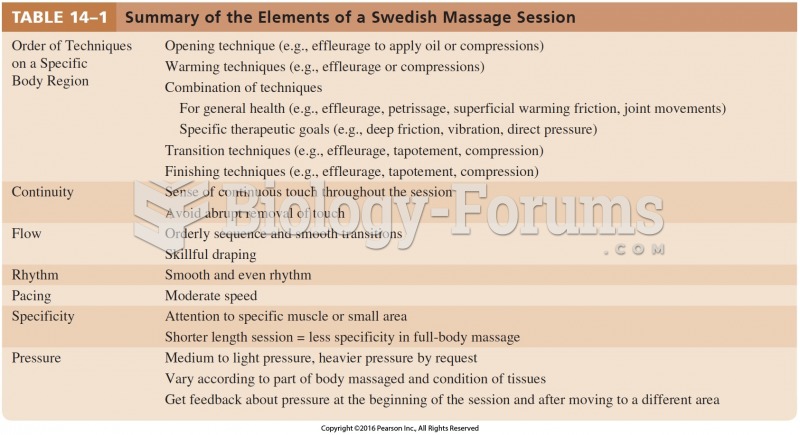Answer to Question 1
Answer: C
Explanation: A) Incorrect. Leaders initiate change, they do not manage it.
B) Incorrect. Managers, not leaders, refine current performance.
C) Correct. Managers are focused on maintaining the status quo, while leaders are focused on improvement through change.
D) Incorrect. Leaders, not managers, set the direction of the company.
Answer to Question 2
Answer: B
Explanation: A) Incorrect. Rather than blocking a manager's ability to remember, frameworks enhance an experienced manager's ability to deal with a complex or ambiguous situation. The experiment showed that experienced chess players relied on known patterns (based on past experience) and only had to remember the exceptions to the pattern in order to remember and recreate the board layout. Frameworks can serve a similar function for managers.
B) Correct. Frameworks can enhance a manager's ability to deal with a complex or ambiguous situation. The experiment showed that experienced chess players relied on known patterns (based on past experience) and only had to remember the exceptions to the pattern in order to remember and recreate the board layout. Frameworks can serve a similar function for managers.
C) Incorrect. Frameworks can enhance a manager's ability to deal with a complex or ambiguous situation. The experiment showed that experienced chess players relied on known patterns (based on past experience) and only had to remember the exceptions to the pattern in order to remember and recreate the board layout. Frameworks can serve a similar function for managers. Because these frameworks or patterns can be created in any organization, they can have a similar effect both for new or experienced managers.
D) Incorrect. Frameworks can enhance a manager's ability to deal with a complex or ambiguous situation. The experiment showed that experienced chess players relied on known patterns (based on past experience) and only had to remember the exceptions to the pattern in order to remember and recreate the board layout. Frameworks can serve a similar function for managers.







